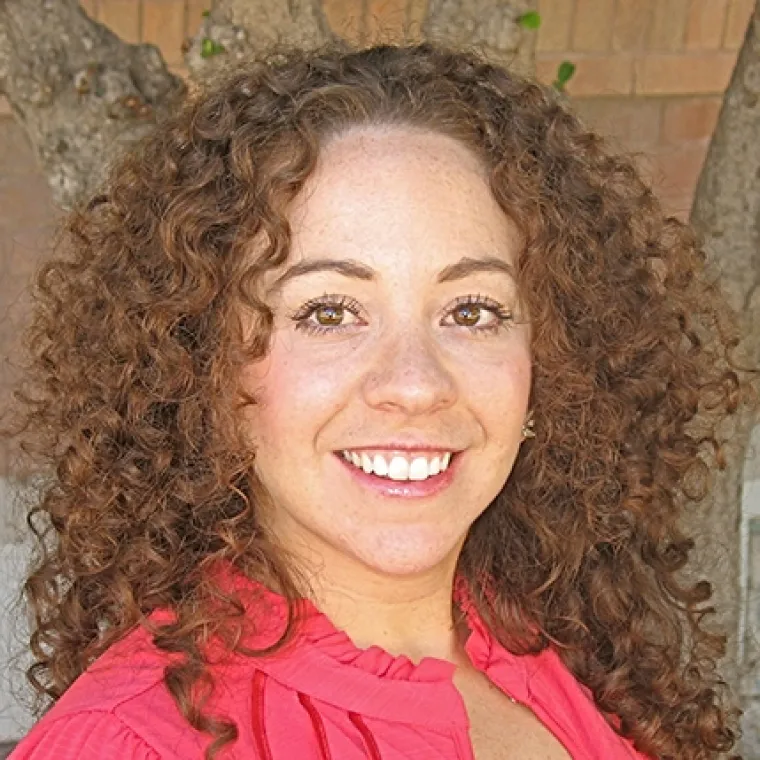Mónica Ramírez-Andreotta
Dr. Mónica Ramirez-Andreotta is an assistant professor of Soil, Water and Environmental Science (SWES) with a join appointment in the Mel and Enid Zuckerman College of Public Health’s Division of Community, Environment and Policy at the University of Arizona. Additionally, Dr. Ramirez-Andreotta is the PI of the University of Arizona Superfund Research Program’s Research Translation Core.
She is trained across various fields and is a transdisciplinary researcher in the purest sense. She received a B.A. degree in Ecology and Evolutionary Biology, a B.A. degree in Studio Art (Photography), and a Master’s of Public Administration from Columbia University. She received her Ph.D. from the UA in SWES (with a minor in Art) and completed a postdoctoral fellowship with a renowned medical sociologist in the College of Social Sciences and Humanities at Northeastern University. During her postdoctoral work, she gained a deeper understanding of how to collaborate across disciplines and the crucial role the social sciences play in environmental health research and interventions. Her philosophy is that in order to successfully engage communities and students of color, it is essential to address critical environmental health problems identified by the community, and to then work collaboratively through the problem-solving and scientific research process.
The overall goal of Dr. Ramirez-Andreotta’s research program is to build citizen science programs and low-cost environmental monitoring tools to increase public participation in environmental health research. Her objectives are two-fold: 1) developing a fundamental understanding of the fate and transport of contaminants in the environment, with a primary focus on plant-soil systems; and 2) designing effective risk communication and data report-back strategies to improve environmental health literacy and education. In 2014, she presented at the USEPA Region 2 Citizen Science Workshop in Puerto Rico and she sat on the National Diversity and Inclusion Planning Committee for the 1st ever Citizen Science Association Conference in 2015 where she also led the symposiums, "Using a Citizen Science Approach to Change the Face of Environmental Public Health Research” and "Pathways to Balance and Partnership: Advancing Equity, Inclusion, and Local Relevance in Citizen Science”. Now, she is a founding member of the Inclusion, Diversity, and Equity Working Group and recently was invited to present at the Federal Community of Practice on Citizen Science and Crowdsourcing session at the National Science Foundation.
Dr. Ramirez-Andreotta has been successful in reaching underserved populations and has previously facilitated community-academic partnerships in Arizona and Massachusetts. A noteworthy example is Gardenroots, a co-created citizen science project. Using low-cost sampling kits, community members collected samples and together characterized the uptake of arsenic by their homegrown vegetables near a Superfund site. This novel approach to environmental research and engagement led to her being the recipient of the prestigious National Institute of Environmental Health Sciences (NIEHS) Karen Wetterhahn Memorial Award. This work has been highlighted in a: NIEHS Superfund Program Research Brief 219, NIEHS’ Advancing Environmental Justice Report, a Chemical and Engineering News article titled, “Crowdsourcing Chemistry”, and in the Grand Canyon Chapter of the Sierra Club’s Newsletter.
Degrees
- Ph.D. Soil, Water & Environmental Science, University of Arizona
- M.P.A. Environmental Science & Policy, Columbia University
- B.A. Ecology & Evolutionary Biology, University of Arizona
- B.A. Studio Art, University of Arizona


